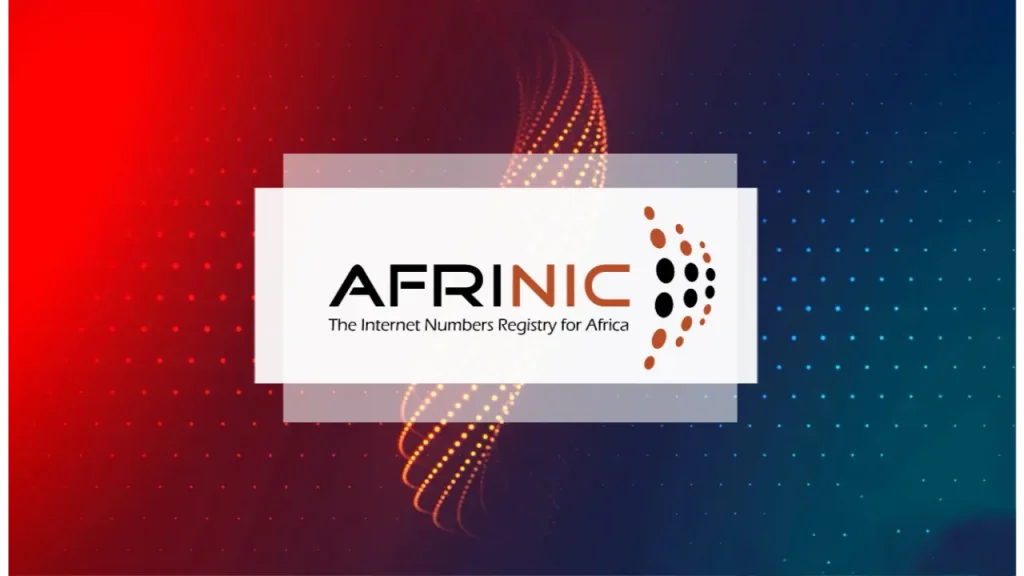- AFRINIC annulled its June 23 election over a single unverified proxy dispute, discarding valid votes and deepening the governance crisis.
- Cloud Innovation warns the registry’s behaviour undermines democracy and Africa’s internet resource management.
A failed registry weaponises its own rules
The African Network Information Centre (AFRINIC) has once again plunged into controversy by nullifying its June 23 board election. The registry, long criticised for its governance collapse, justified the annulment on the basis of one unverified proxy dispute. In doing so, it discarded valid votes, flouted its own bylaws, and eroded trust in the process.
Disregarding both legal oversight and democratic standards, AFRINIC now indicates its intention to relaunch the same unworkable election process rather than resolving systemic governance concerns. Observers caution that this conduct is in violation of the Constitution of Mauritius, which provides for judicial oversight of publicly traded corporations such as AFRINIC.
Also read: Receivership vs. Bylaws: AFRINIC’s mandated election extension under scrutiny
Also read: How outdated bylaws sabotaged the AFRINIC election process
Cloud Innovation calls for a necessary reset
The registry’s dysfunction threatens the integrity of Africa’s IP resource management. Cloud Innovation Ltd., AFRINIC’s third-biggest member, has launched a formal call to dissolve the failed registry, arguing that no fair election can be conducted under such broken standards. The company demands that ICANN and the NRO immediately appoint a successor RIR, ensuring Africa’s internet resources are safeguarded.
Lu Heng of Cloud Innovation stresses that AFRINIC’s actions amount to dictatorship disguised as governance. Only a reset with a competent successor registry can restore bottom-up governance and protect Africa’s digital future.
ICANN’s quiet power grab threatens regional autonomy
ICANN has further complicated the crisis. CEO Kurt Lindqvist is accused of advancing a global agenda that allows ICANN to pick AFRINIC’s leaders, undermining Africa’s bottom-up internet governance. The adoption of the ICP-2 compliance document—a move bypassing multistakeholder processes—grants ICANN unprecedented power to derecognize RIRs. While ICANN has publicly backtracked on threats to derecognize AFRINIC, the registry’s dysfunction and ICANN’s overreach combine to weaken trust and erode regional control.
Democracy versus dictatorship
The AFRINIC election dispute is more than a procedural issue. It raises a fundamental question: will Africa’s internet be governed transparently, or by a small circle of actors exploiting a collapsed registry?
For the community, the stakes are clear. An illegal election erodes trust and control over Africa’s internet resources. Cloud Innovation’s call for dissolution is not obstruction—it is a defence of democracy, fair governance, and the right of Africa’s networks to be managed by accountable institutions.

